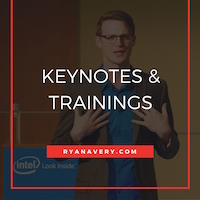
After my last article, I thought I would share some insight on what losers say versus what winners say on various subjects and to see where we land on the loser versus winner mindset scale!
Dreams and Goals
Losers Say: “I have goals. I have them in my head. I don’t share them with anyone because it’s not their business. I think about them every so often, and I am pretty sure I will make them happen this year!”
Winners Say: “I have goals. I have written them down and have shared them with my family and friends to hold me accountable. I look at them everyday! They are clear, obtainable, and I believe I can and will accomplish them.”
Money
Losers Say: “If I had X amount of dollars, my life would be so different!”
Winners Say: “I am going find a way to earn X amount of dollars so I can change my life, give more, and do more for myself, my family and my friends!”
Love
Losers Say: “I wish someone would love me!”
Winners Say: “I can’t find love until I love myself.”
Happiness
Losers Say: “I just want to be happy!”
Winners Say: “What are the things that already make me happy, and what can I do starting today to be happier on a regular basis?”
Family and Friends
Losers Say: “My friends and family take up so much time. They always annoy me. They seem to cause more pain than good.”
Winners Say: “I love my family. I take care of my family. We communicate on a regular basis to avoid misunderstandings.”
Profession
Losers Say: “Ugh, I hate my job!”
Winners Say: “I will do what it takes to get the job of my dreams! I deserve to love what I do!”
Health
Losers Say: “We all die, sometime!”
Winners Say: “The healthier I am, the more I can do!”
So, do you have a loser mindset or a winner mindset? What are the things you need to start telling yourself to gain that championship mindset? As always…
Dream BIG,
Ryan











